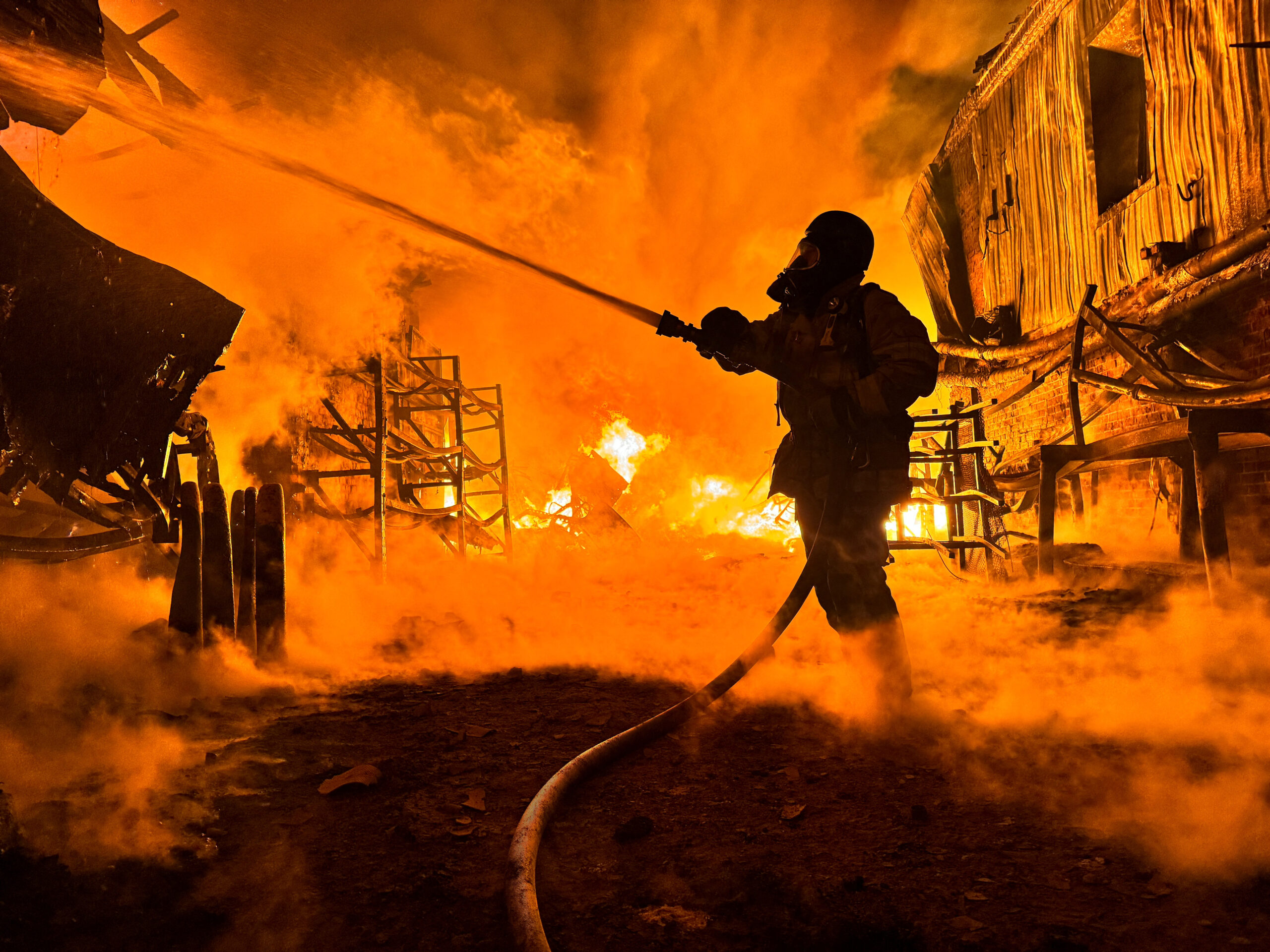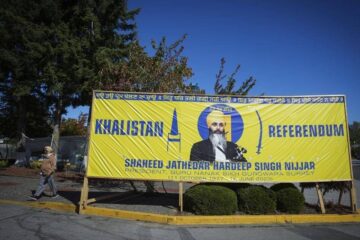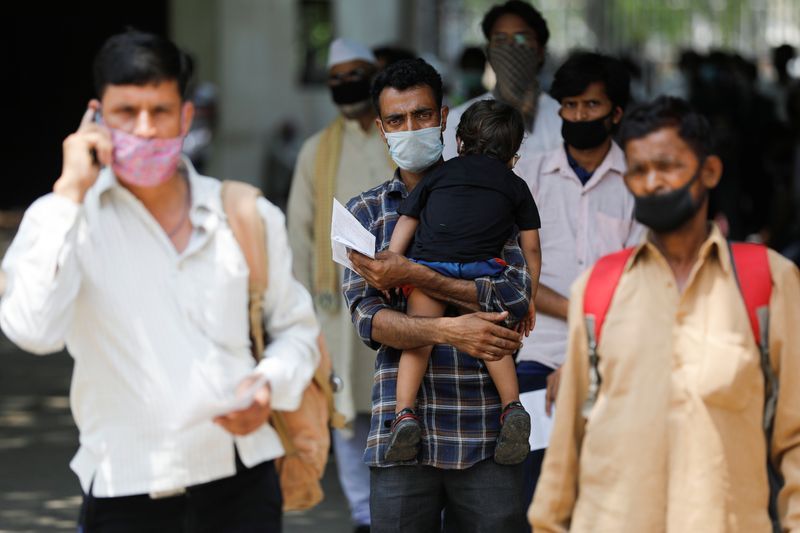Erdogan says world must respect Turkish election result
A jubilant President Tayyip Erdogan on Monday cast the return of Turkey to single-party rule as a vote for stability that the world must respect, but opponents fear it heralds growing authoritarianism and deeper polarization.
The AK Party, whose roots are in political Islam, defied pollsters and even the expectations of its own strategists in a general election on Sunday, consolidating support from the right to claw back a parliamentary majority that will bolster Erdogan\’s grip on power.
It was a personal triumph for the combative leader, who despite being constitutionally above party politics as head of state had shaped the AKP\’s executive committee and its parliamentary candidates in the run-up to the vote.
The result handed the AKP 317 of the 550 seats in parliament, only 13 short of the number Erdogan would need for a national referendum on constitutional changes he wants to forge a presidential system granting him full executive powers.
"The national will manifested itself on Nov. 1 in favor of stability," Erdogan said in comments to reporters after praying at a mosque in Istanbul.
"Let\’s be as one, be brothers and all be Turkey together."
The vote came at a critical time for Turkey on the global stage, with the United States dependent on Turkish air bases in the fight against Islamic State in Syria, and the European Union desperate for Turkish help with its growing migration crisis.
Erdogan\’s victory, two weeks ahead of a G20 leaders\’ summit in Turkey, leaves Western allies dealing with an emboldened leader they may already know, but whose cooperation has not always been easy to secure.
Financial markets rallied, with the lira currency on track for its biggest one-day gain in seven years and stocks up 5 percent, relieved that uncertainty from an election cycle stretching back almost two years had finally ended.
But the result left the 50 percent of Turks who did not vote AKP in shock: from liberal secularists suspicious of Erdogan\’s Islamist ideals to left-leaning Kurds who blame the government for resurgent violence in the largely Kurdish southeast.
Since nationwide anti-government protests and a corruption scandal around Erdogan\’s inner circle in 2013, his opponents had lived in the hope that the power of modern Turkey\’s most divisive leader was finally on the wane.
"Back to Square One" said the headline on Today\’s Zaman, a newspaper critical of the AKP, casting the outcome as a result of a divisive and fiercely nationalist campaign.
Washington said it was deeply concerned that media outlets and journalists were subject to pressure during the campaign.
Amid reports that journalists were pressured in order to weaken political opposition, spokesman Josh Earnest said the White House had urged Turkish authorities to uphold the values of its constitution.
Erdogan won Turkey\’s first popular presidential election in August 2014 after more than a decade as prime minister and immediately vowed to use his mandate to strengthen what had been a largely ceremonial post appointed by parliament.
Even without constitutional change, he wasted little time flexing his political muscle, hosting cabinet meetings in his new 1,000-room Ankara palace and surrounding himself with powerful advisors in what effectively became a "shadow cabinet".
His opponents hoped that the loss of the AKP\’s majority in a June 7 election, raising the prospect of coalition government, would put a stop to such overreach of his powers. But Sunday\’s result has put his ambitions firmly back on track.
"The view that the June 7 elections were a \’no\’ to the executive presidency has been collapsed," said Mustafa Sentop, a senior AKP official who previously spearheaded the party\’s efforts at constitutional reform.
"The numbers are not enough at the moment, but I think these elections show a desire for the presidential system to be instilled. It could be seen as a green or yellow light for the presidency," he told Reuters.
It remained to be seen whether the additional 13 parliamentary votes needed to support a referendum could be found, but it was an ambition on which the AKP would "definitely not give up", he said.
In the meantime, a source in the presidency said, the cabinet would continue to meet in the palace "from time to time" suggesting no let-up in Erdogan\’s influence on daily affairs.
Erdogan has consistently portrayed criticism of his leadership as part of a foreign-backed effort to belittle him and undermine Turkey\’s influence in the region.
"Now a party with some 50 percent in Turkey has attained power … This should be respected by the whole world, but I have not seen such maturity," he said on Monday, criticizing global media coverage of the election.
The rise in AKP support on Sunday appeared to have been motivated by renewed fighting between the security forces and Kurdistan Workers Party (PKK) militants in the predominantly Kurdish southeast since a ceasefire collapsed in July.
Right-wing voters supportive of the renewed military campaign abandoned the nationalist MHP, while conservative Kurds and liberal Turks who blame the PKK for the unrest turned their back on the pro-Kurdish Peoples\’ Democratic Party (HDP).
"The recent sense of instability in Turkey, coupled with Erdogan\’s "strong man who can protect you" strategy seems to have worked. This is a victory for both Erdogan and for the PKK," said Soner Cagaptay, director of the Turkish Research Program at The Washington Institute.
"Erdogan has managed to consolidate much of the political right," he said in an email.
But in doing so he has also further alienated opponents.
The HDP, which is set to control 59 seats in parliament, accused Erdogan on Sunday of a deliberate strategy of polarization to stir up nationalist support. Erdogan meanwhile said the election outcome was a message to the PKK and its allies that violence could not coexist with democracy.
SOURCE: REUTERS
[do_widget_area inner_adsbar]











